
The programme was launched Monday 9 September.
The ISC Regional Focal Point for Asia and the Pacific is facilitating a mentoring programme to connect early career researchers with senior science mentors to guide young scientists from low-income nations within the region to become future leaders in academia.
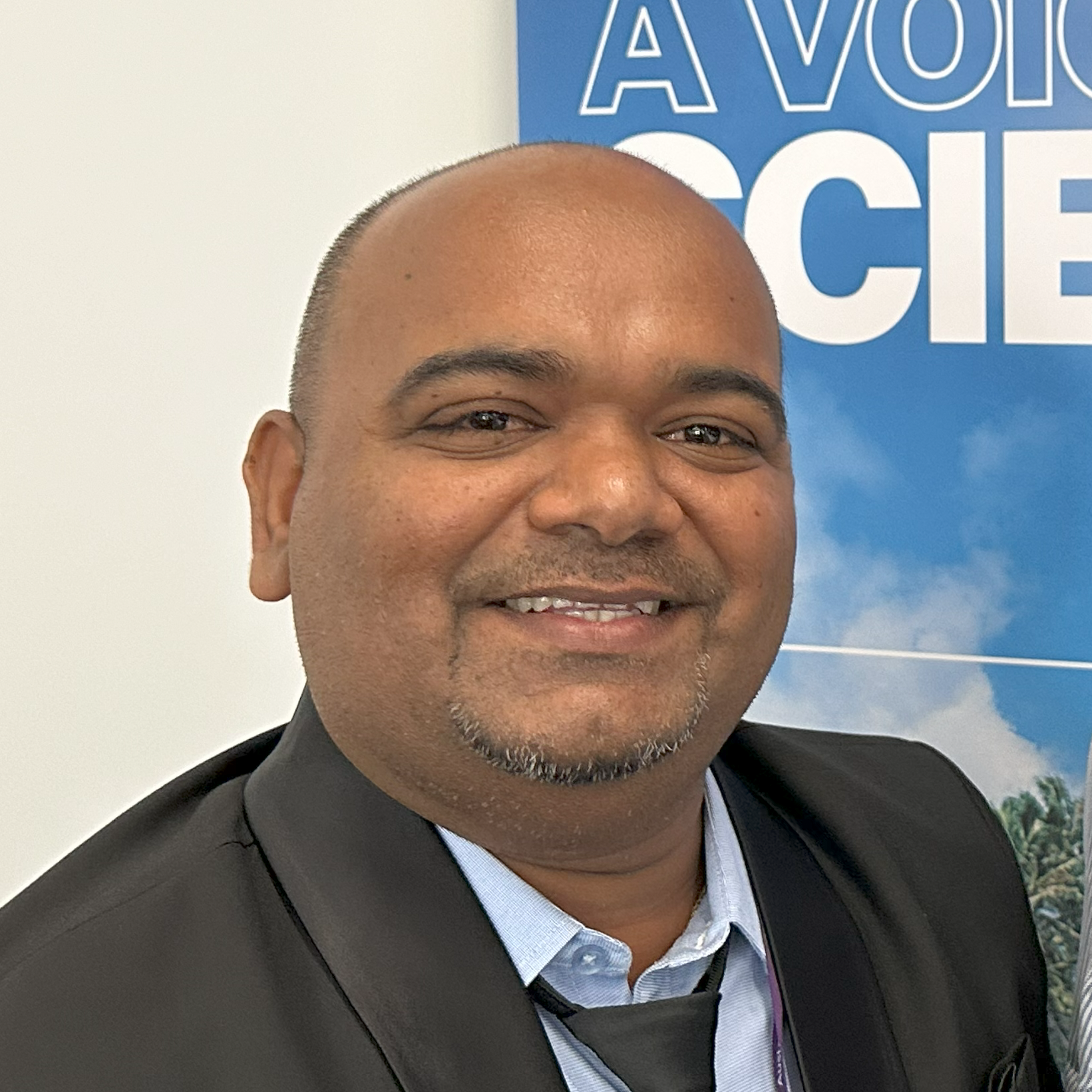
Alvin Prasad
Mentee background
A PhD student at the University of Fiji, Alvin is working on robot technology, in particular real-time motion control to improve robot dexterity.
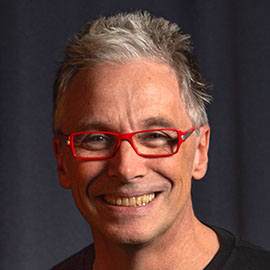
Peter Corke
Mentor background
A Distinguished Emeritus Professor of robotics and computer vision at Queensland University of Technology. Fellow of the Australian Academy of Science.
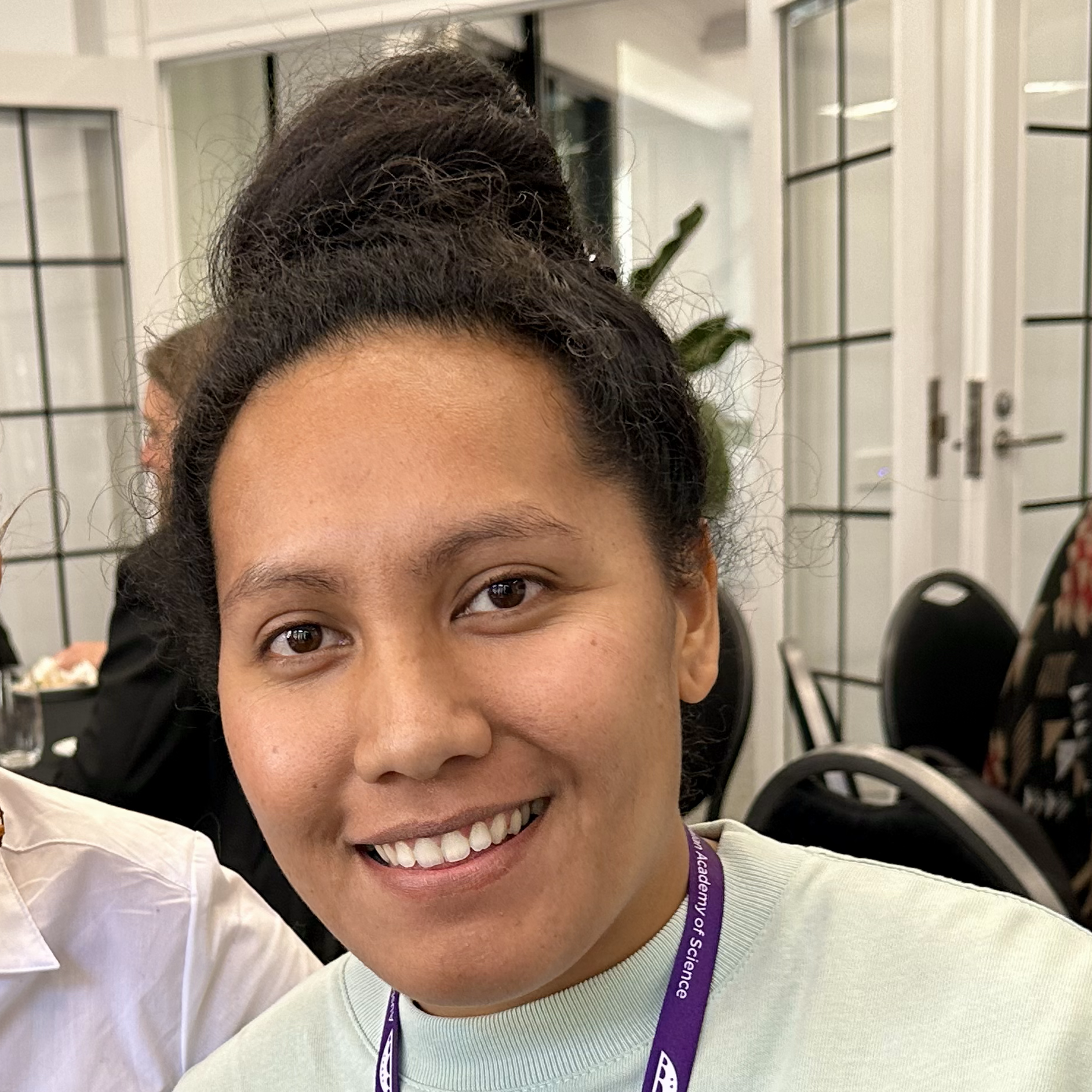
Malia Lasalo
Mentee background
A PhD student at Institut Pasteur of New Caledonia investigating the immunomodulatory potential of natural products from New Caledonian marine microorganisms. She has a keen of interest in neurosciences.
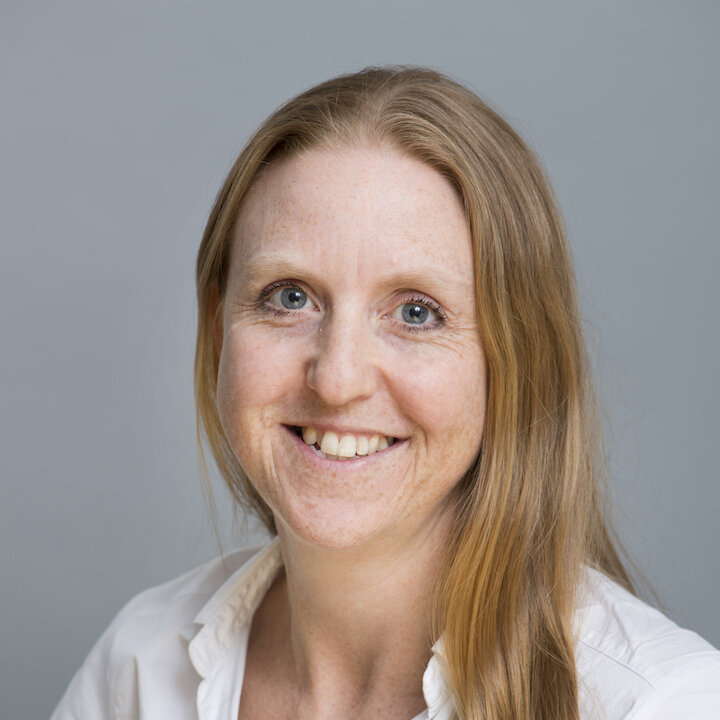
Mentor background
A Professor in the Department of Cognitive Science at Macquarie University. Fellow of the International Science Council.
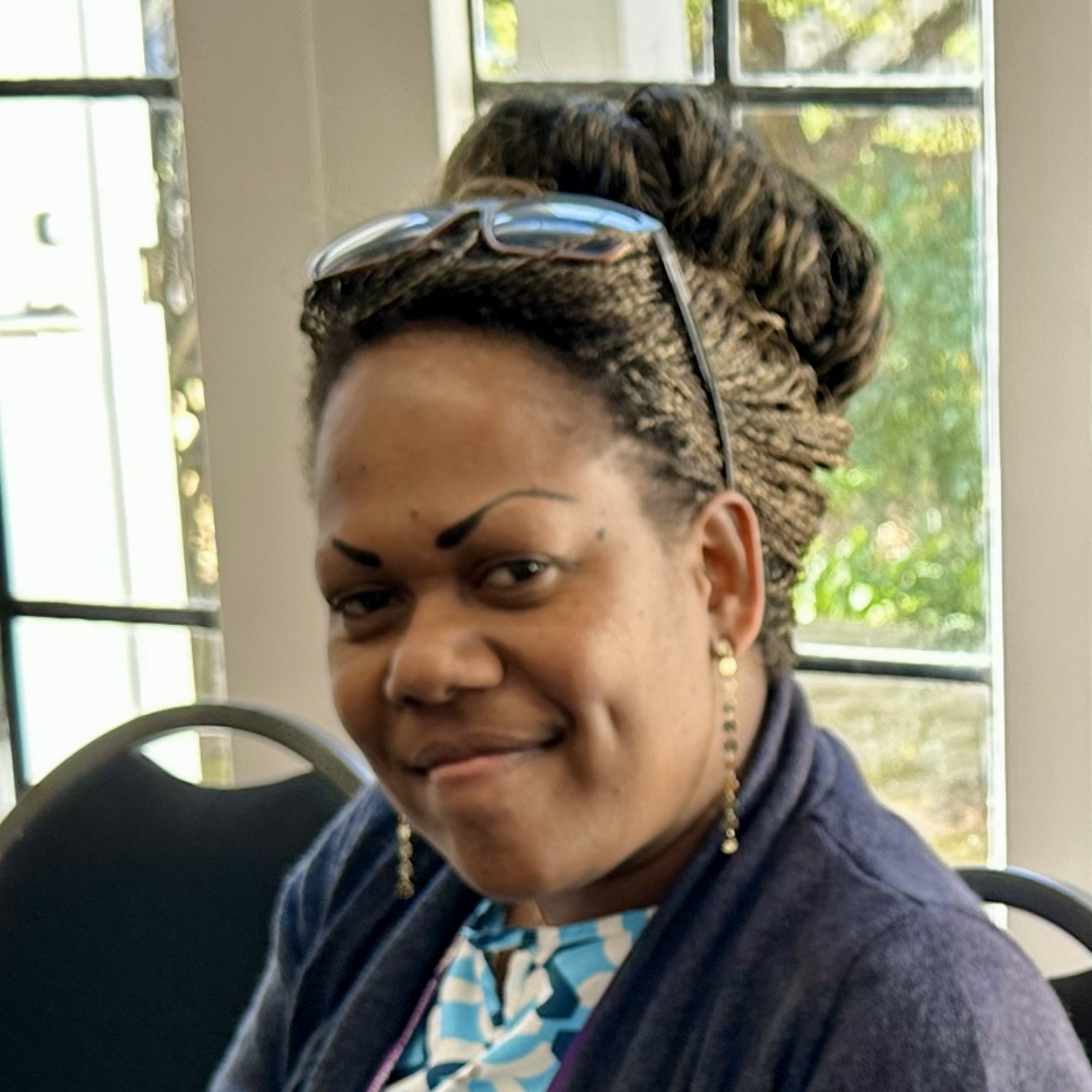
Ariane Naliupis
Mentee background
A PhD student working at the National University of Vanuatu and interested in the field of education science.
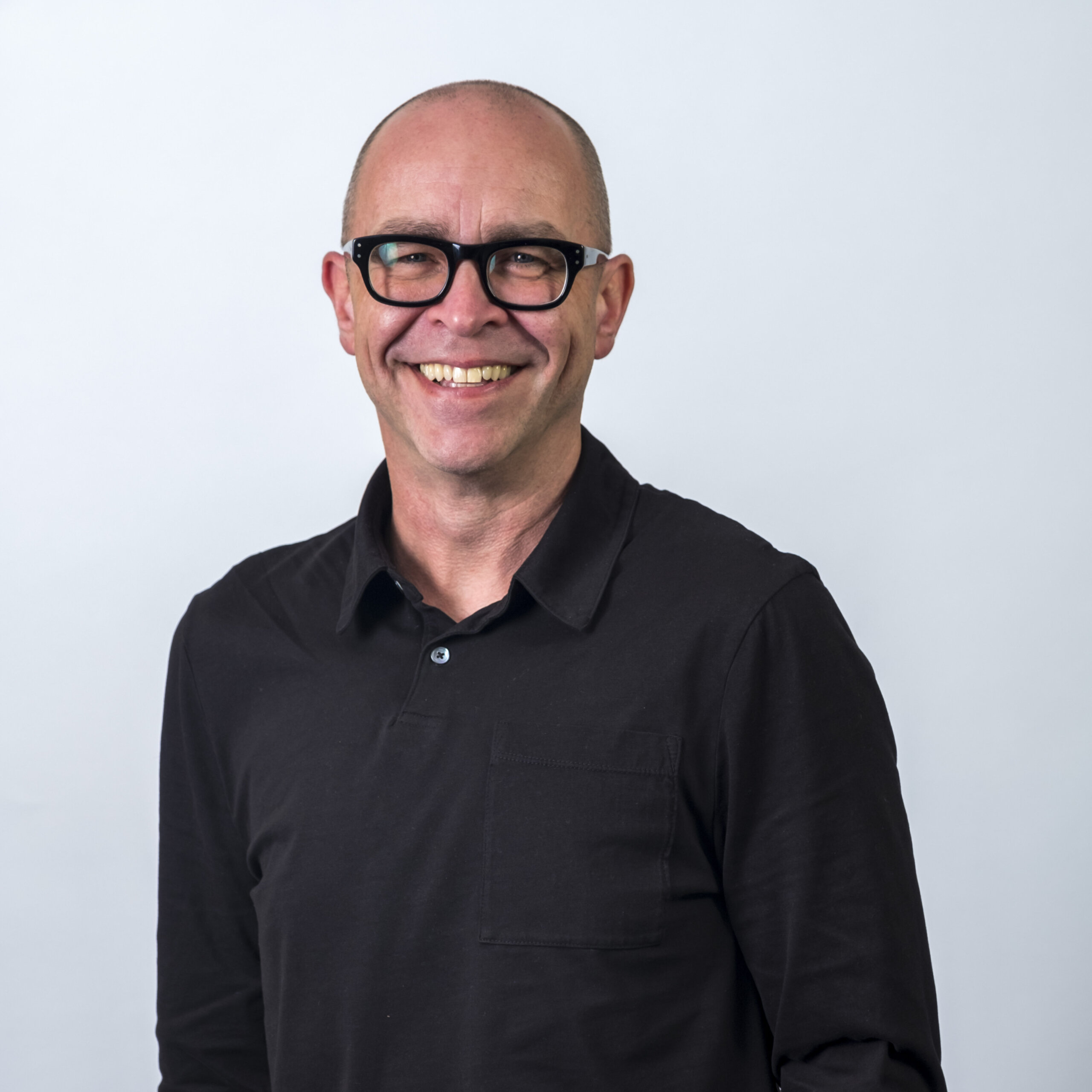
Nick Cradock-Henry
Mentor background
A Principal social scientist at GNS Science.
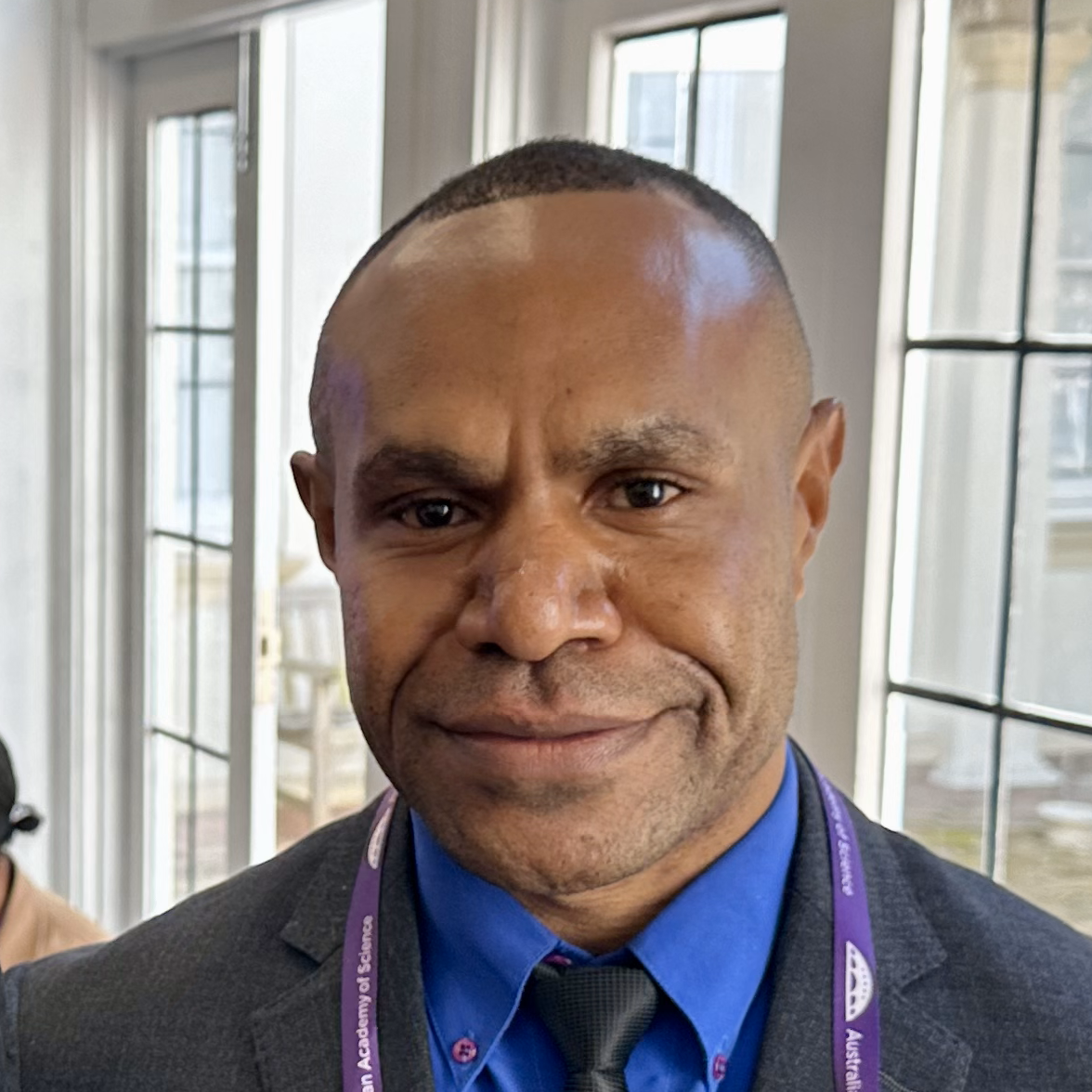
Kaupa Philip
Mentee background
A PhD student at Papua New Guinea University of Technology, working on the development of innovative materials for pollutant detection and removal.
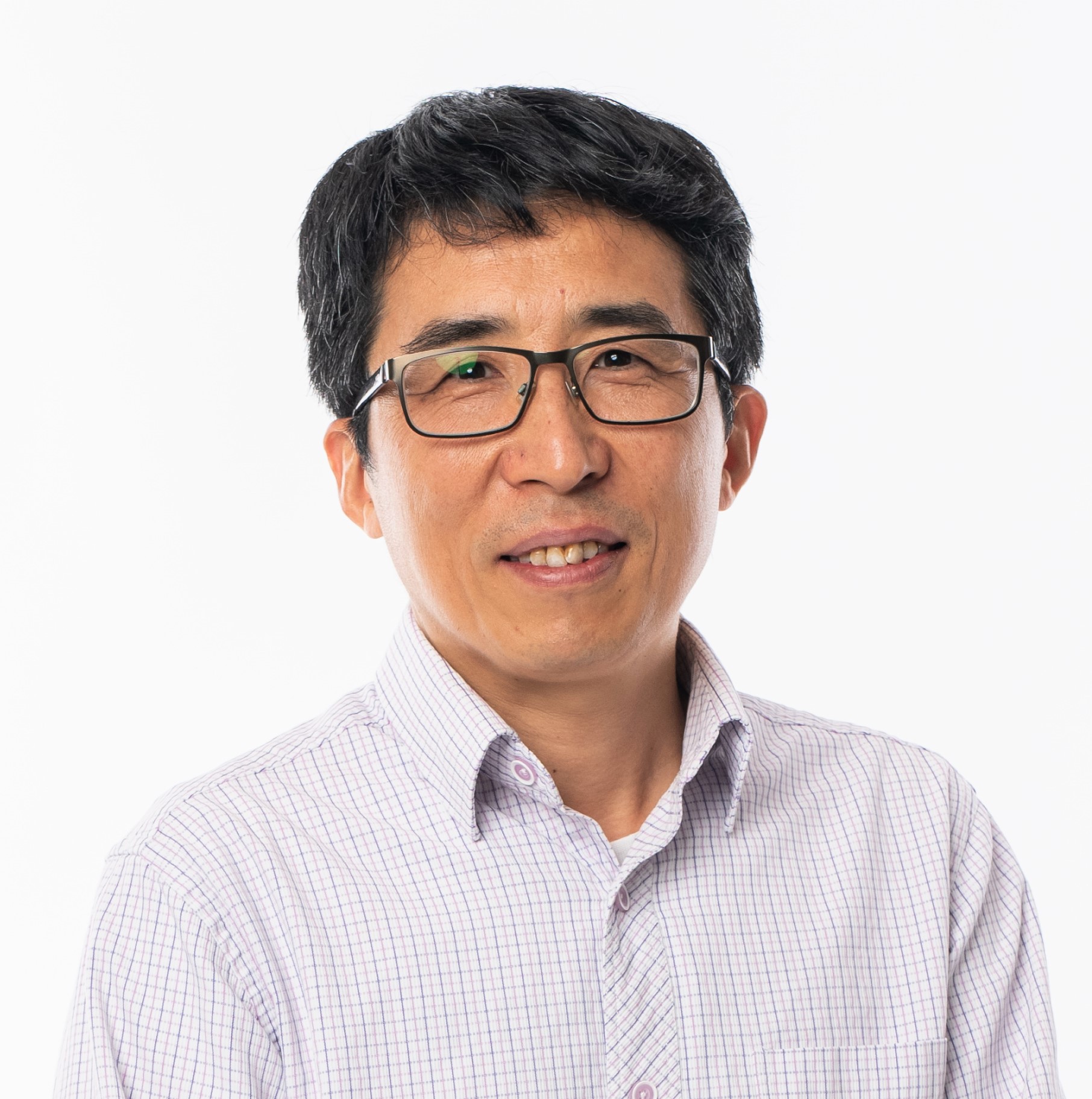
Lianzhou Wang
Mentor background
A world leading scientist in materials science and chemical engineering based at the University of Queensland. Fellow of the Australian Academy of Science.
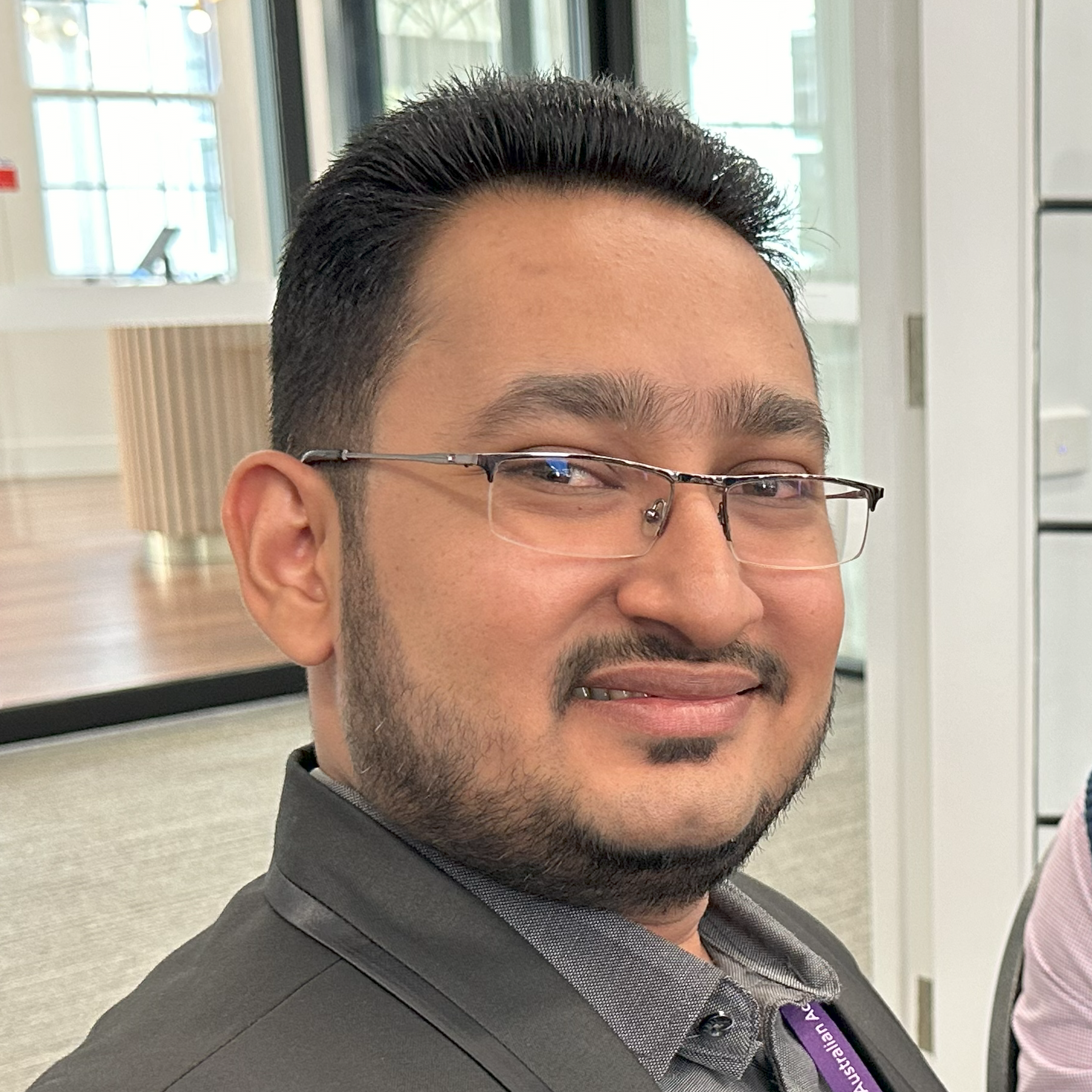
Avineel Kumar
Mentee background
A PhD student at the University of Fiji and he is keen to better understand the reasons why indigenous businesses in Fiji fail, in order to improve their success.

Jarrod Haar
Mentor background
A Professor of Management and Māori Business at Massey University.
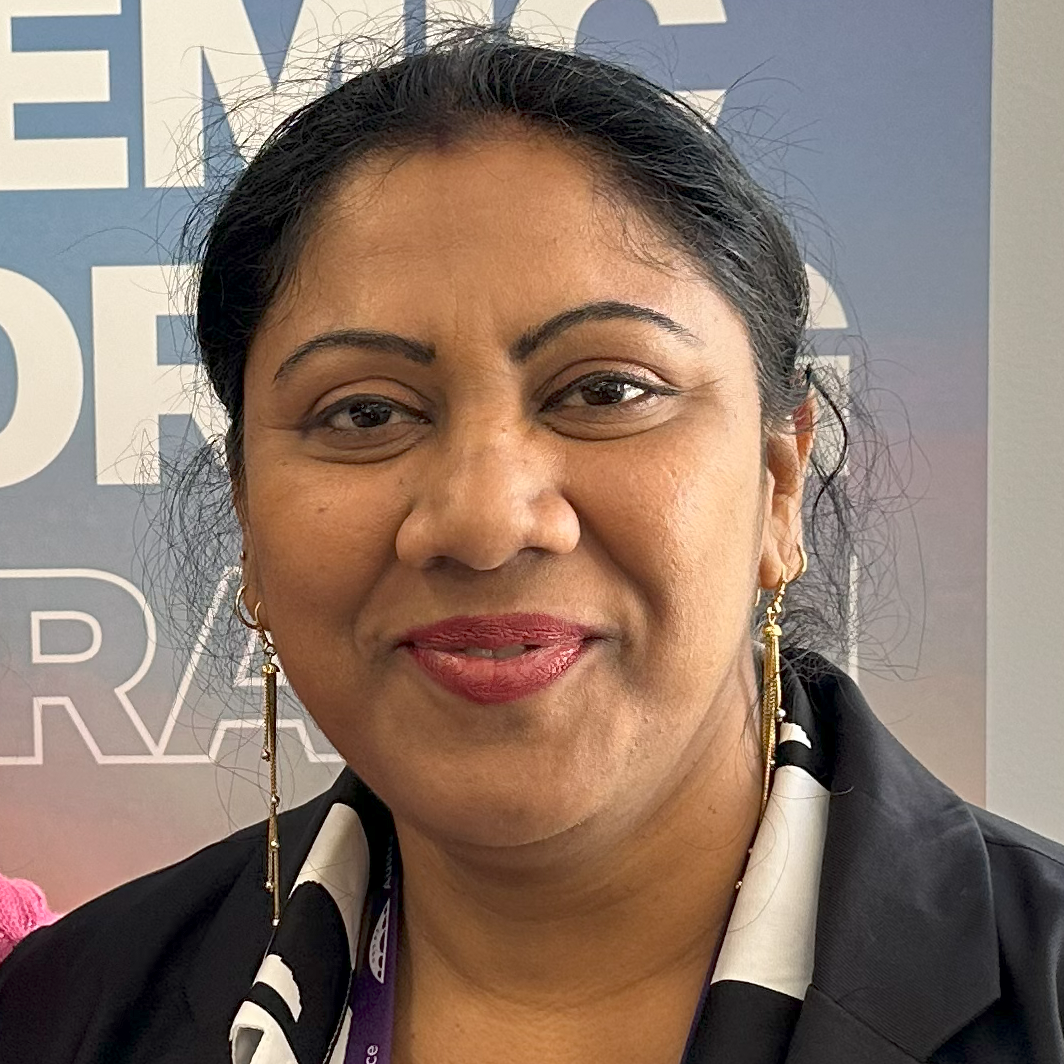
Riteshni Lata
Mentee background
A PhD student at the University of the South Pacific, interested in how interactive tools can enhance the student learning experience.
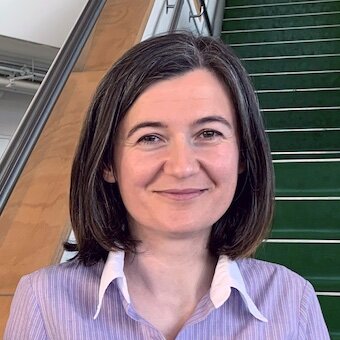
Mentor background
Professor in School of Science, Computing and Engineering Technologies, at Swinburne University of Technology. Fellow of the International Science Council.
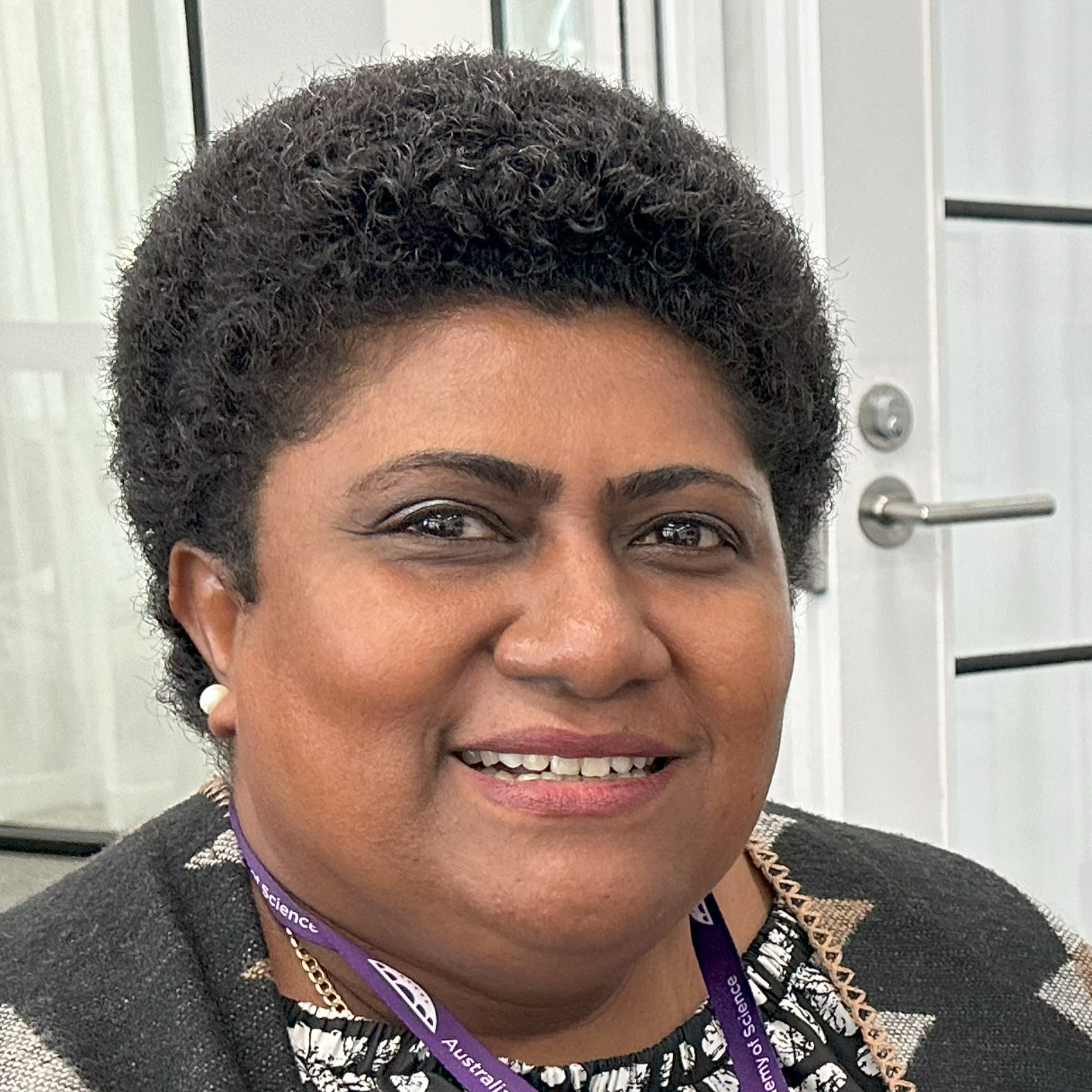
Alumeci Vularika
Mentee background
Is about to start her PhD at the University of Fiji and is interested in how climate variability can impact Pacific ecosystems and livelihood.
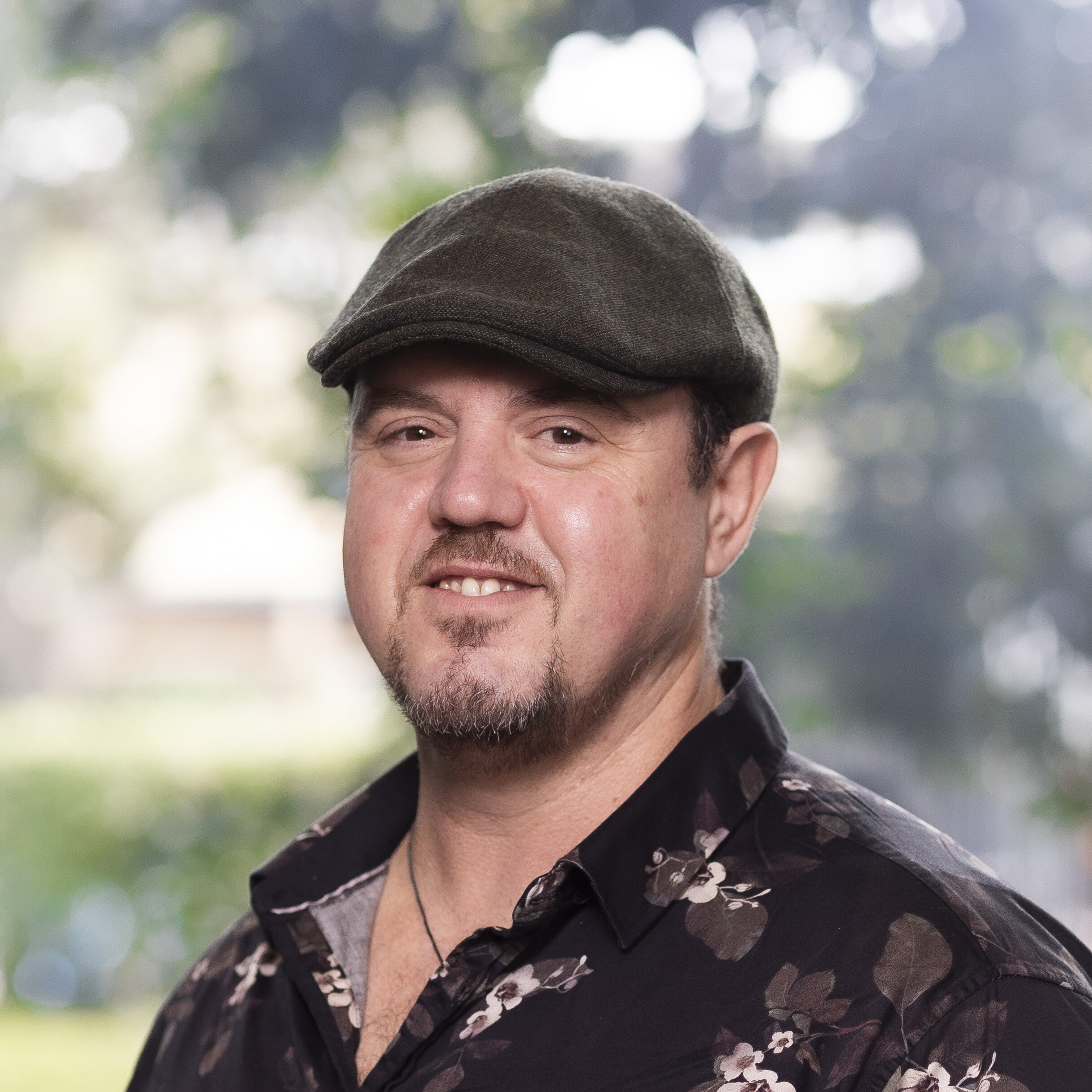
Aaron Jenkins
Mentor background
A leading Planetary Health scientist at the University of Sydney and is working closely with the Fijian communities.
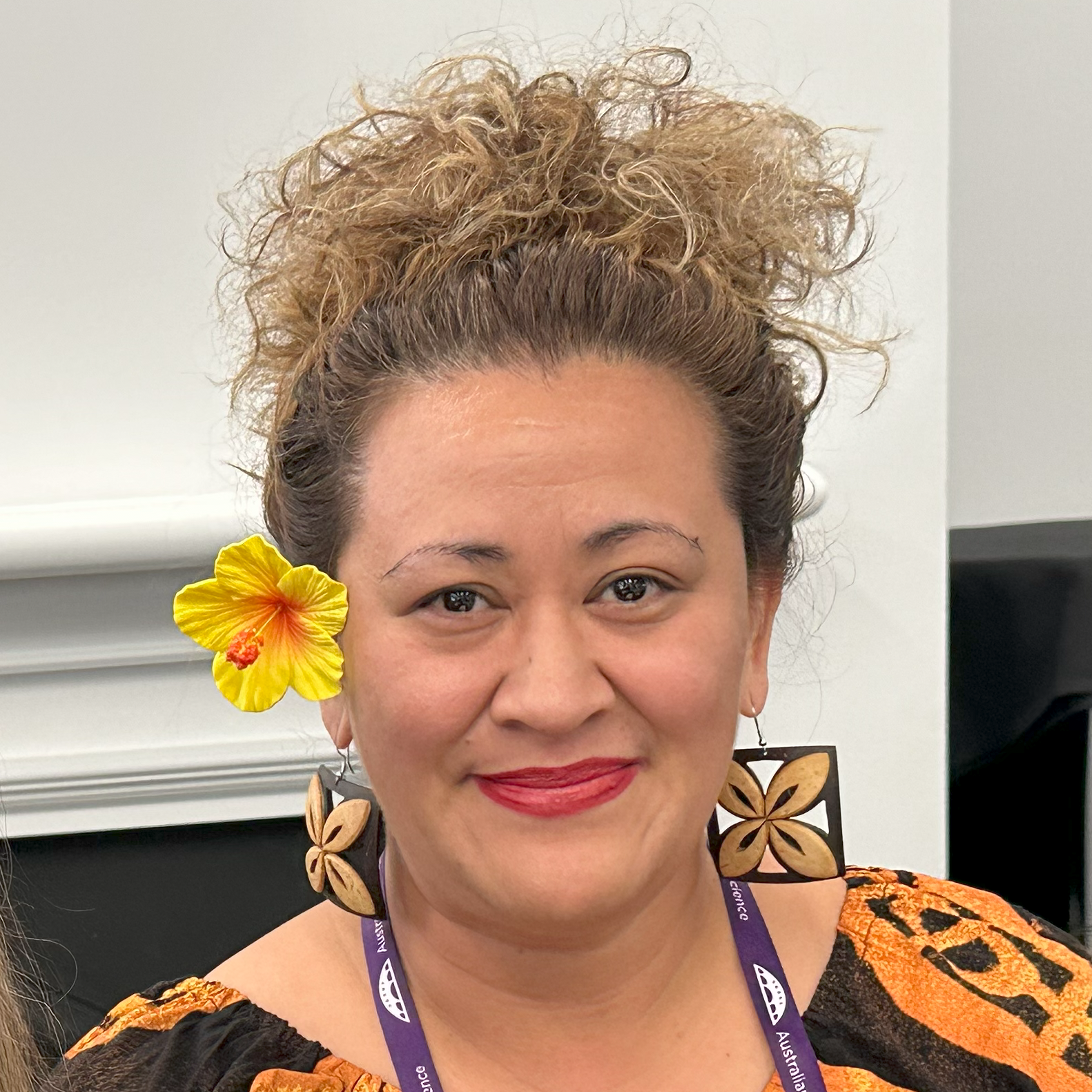
Bernadette Samau
Mentee background
An early career researcher in Management and Marketing at the National University of Samoa.
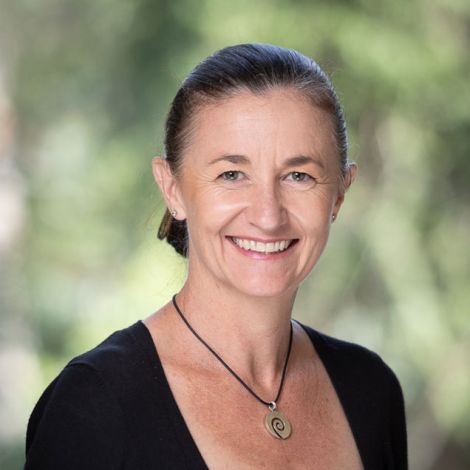
Sharyn Rundle-Thiele
Mentor background
A social marketer and behavioural scientist at Griffith University.
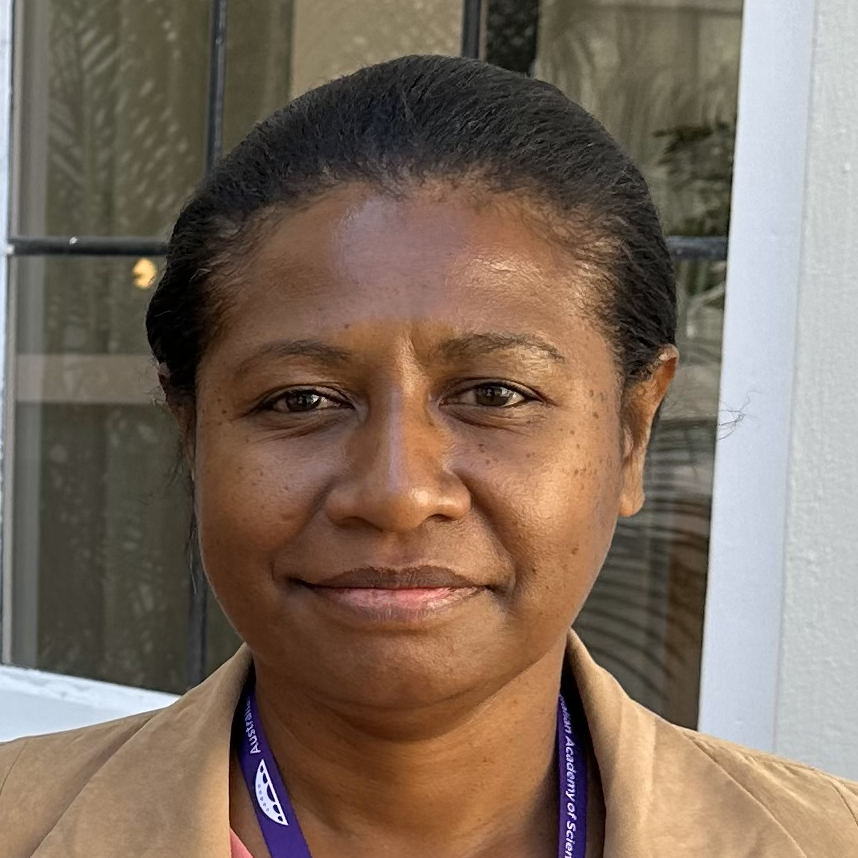
Hefa Kemung
Mentee background
A Senior Lecturer (PhD) in Applied Organic Chemistry looking to convert Papua New Guinea’s agricultural produce into everyday consumer products.
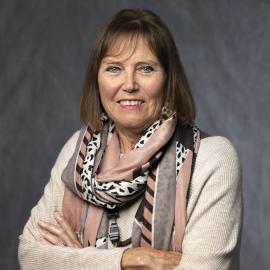
Roslyn Gleadow
Mentor background
A plant biologist who studies the effect of climate change on food security. Fellow of the Australian Academy of Science.
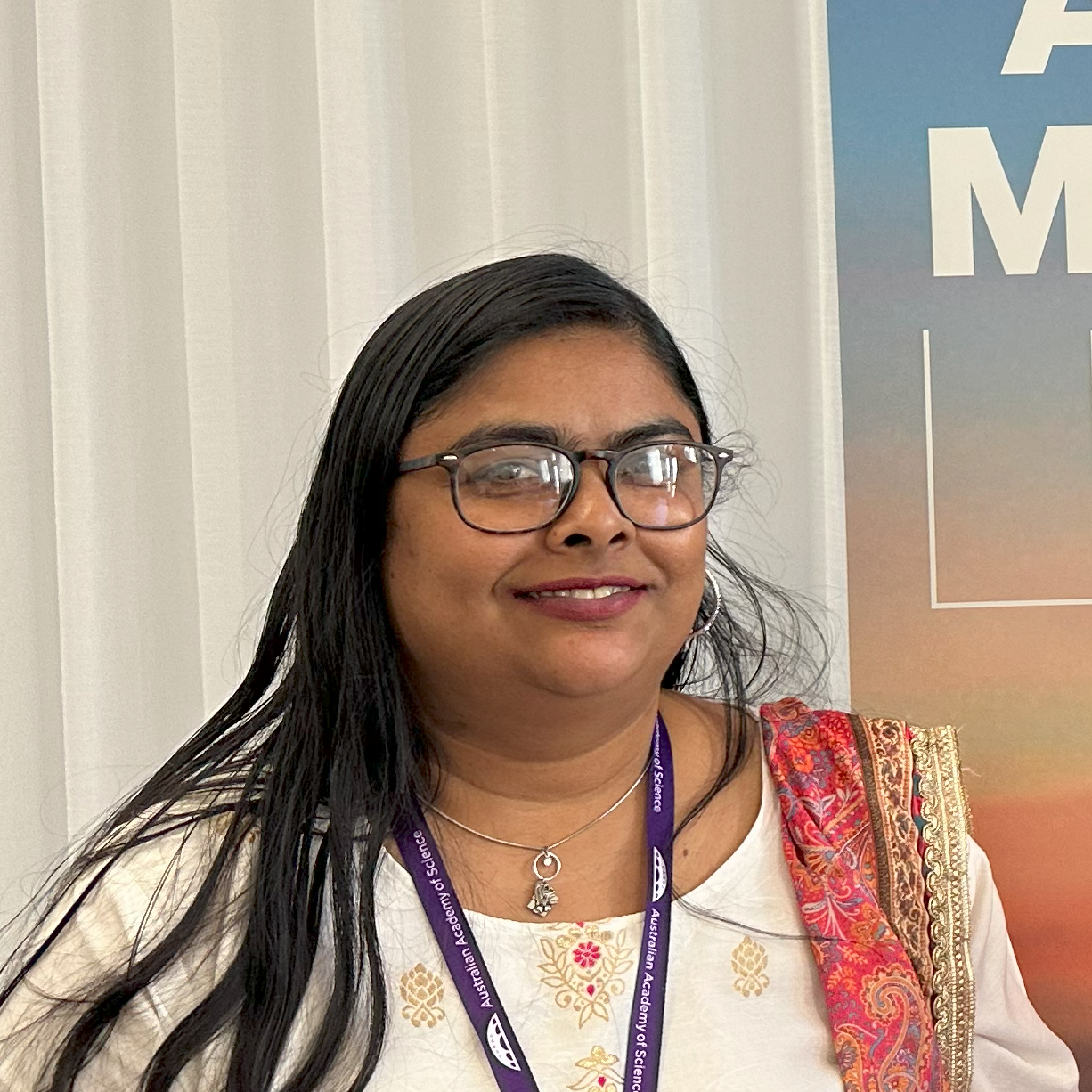
Jasmine (Jasbant) Kaur
Mentee background
A Masters student at the University of the South Pacific with research interests in gender, disability and social inclusion, mental health, decolonization, social justice and queer culture.
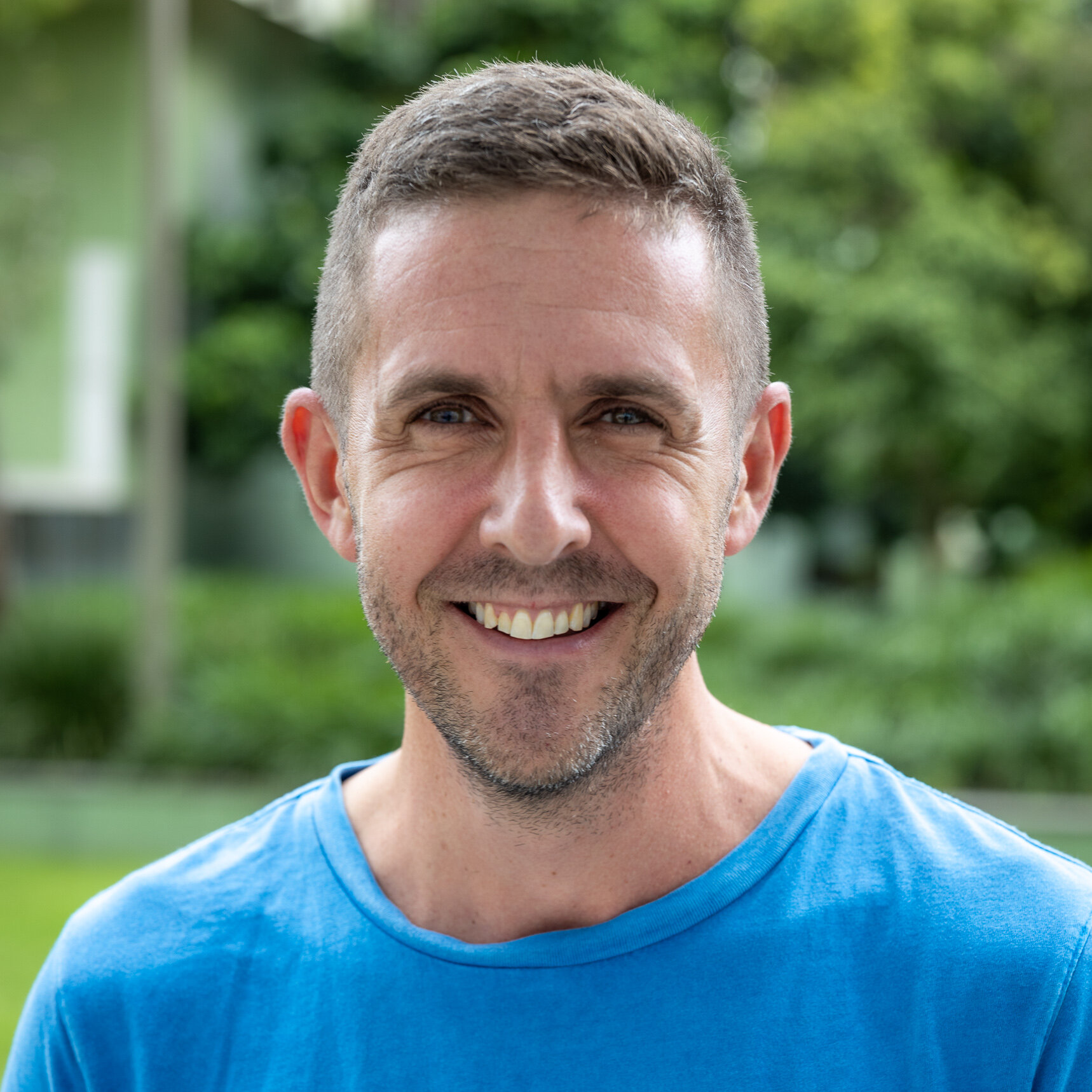
Stephen Bell
Mentor background
A social scientist at the Burnet Institute, and is particularly interested in understanding the socio-structural determinants of health and social inequities, and injustices associated with marginalisation due to gender, sexuality, age and geography.
Mentees for round one must reside in the Pacific and be currently enrolled at a university within the Pacific region as master’s or PhD students or early career researchers (0 – 5 years post PhD excluding career interruptions). The mentee should have an excellent track record of research aspiration and dedication to progress their career within academia. Their study focus can encompass any field of academia.
Mentors will have a track record of leading research projects, acquiring and managing grants, publishing scientific papers and mentoring early- and mid-career researchers at home and abroad. The role is voluntary and offers a valuable opportunity to share knowledge, support early career researchers and contribute to the Pacific academic community.
Round one of the program will run from September 2024 for 12 months, with an expectation of monthly one-hour, one-to-one online meetings. Both mentor and mentee will need to dedicate some time to prepare for these meetings to ensure the most productive outcomes.
Prior to starting the programme, mentors are invited to take part in the workshop, ‘Mentoring Excellence: Equipping Mentors for Success’. This workshop aims to give practical guidance on running effective mentoring sessions.
Participants will take part in an initial in-person Introductory Session at Science at the Shine Dome in Canberra, Australia from Monday 9 to Thursday 12 September 2024. Travel and accommodation will be covered by the ISC RFP-AP. This is a great opportunity for mentors and mentees to meet in-person prior to starting the online sessions, as well as meeting with the other participants. It will also provide an opportunity to network with the wider scientific community in Australia.
Matches are made based on academic interests and fields of expertise indicated in the application to ensure compatibility and to maximize the benefits of the mentorship relationship.
Being a mentor will open opportunities to support future science leaders in the discipline or area of interest, and to build a network of research collaborators in the Pacific.
Mentees can build on their professional capabilities and networks by working closely with a well-known and respected academic in their field of research, who can also provide guidance to progress their careers in academia.
The programme is free for all participants.
Participants will receive continuous support from the mentoring programme Project Officer, including regular check-ins and feedback opportunities.
Success will be evaluated through mid-programme and end-of-programme feedback surveys, along with regular check-ins to ensure that the mentorship goals are being met.
The mentoring programme will adopt known best practise to be delivered in a culturally appropriate way. All participants will agree to adhere to the Australian Academy of Science Code of Conduct.
For further information please contact: Nina Maher, Project Officer, ISC RFP-AP at [email protected].
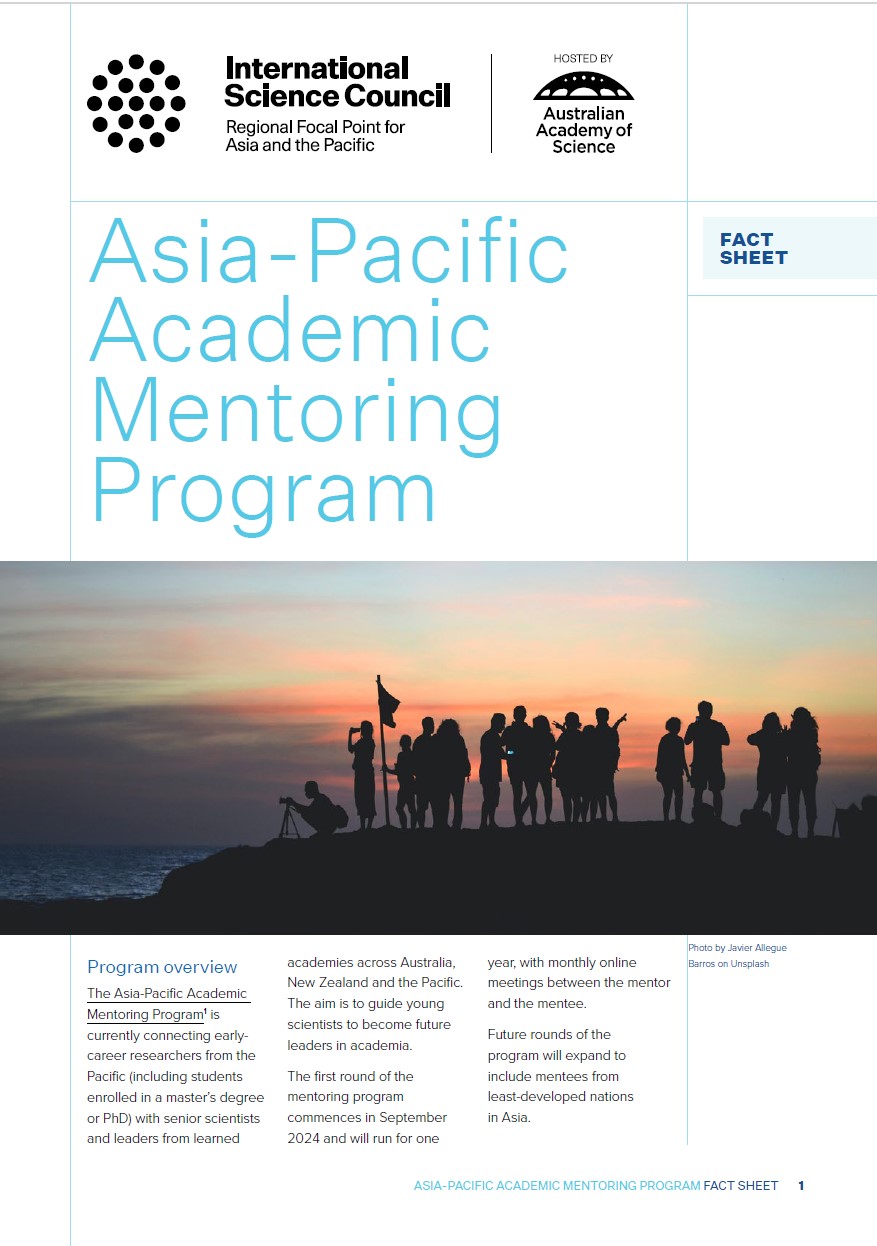
Asia-Pacific Academic Mentoring Program Fact Sheet
Responses to frequently asked questions about the current round of the Asia-Pacific Academic Mentoring Program.
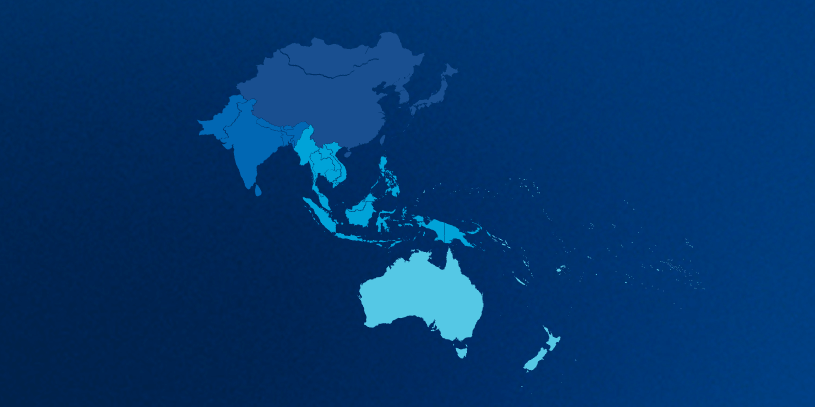 events
events
 events
events
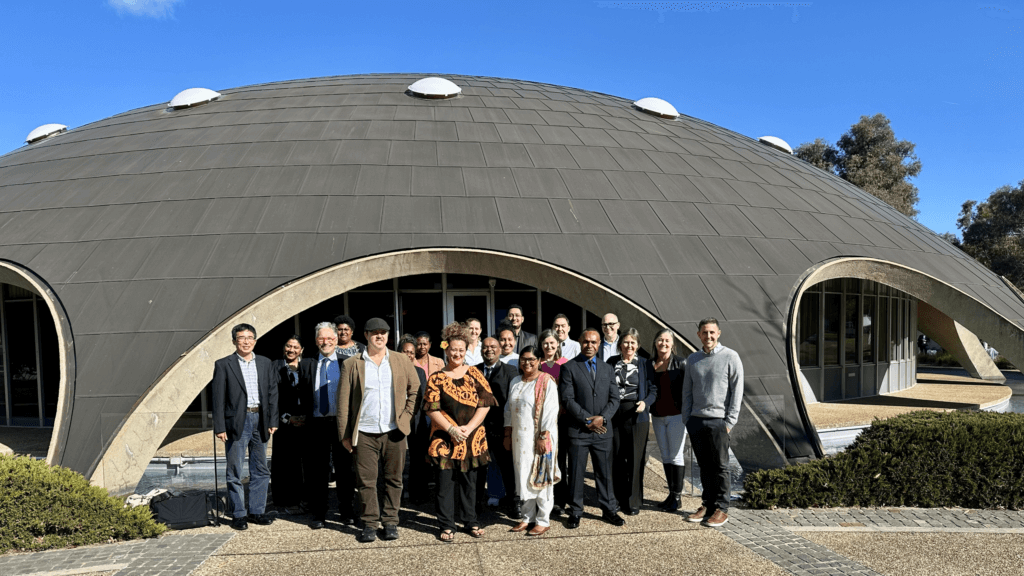 news
news